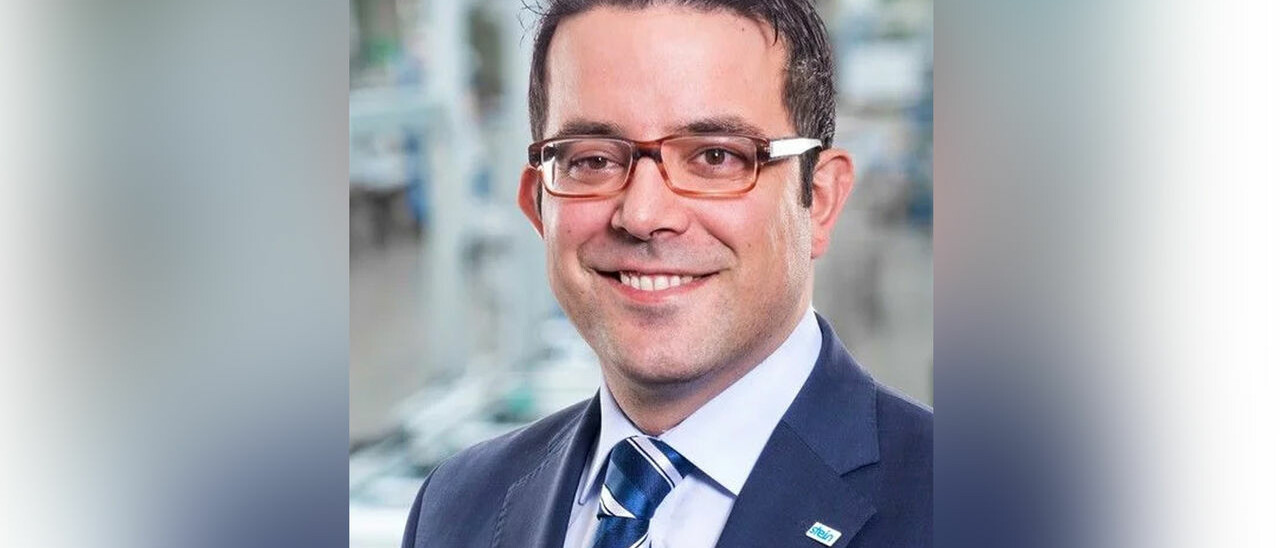“Customers need trust and security”

With the areas of digitalization, mobility, and artificial intelligence, assembly and handling technology will also evolve in the coming years. Jürgen Noailles, Managing Director of Stein Automation GmbH in Villingen-Schwenningen and member of the board of the VDMA Integrated Assembly Solutions (IAS) department, gives us an overview of current topics and trends in an exclusive interview.
Mr. Noailles, you have been a member of the board of the VDMA Integrated Assembly Solutions department for several months. Which topic do you personally take a particular interest in here?
In addition to the topics of OPC UA, artificial intelligence and machine learning, I think it is important not to lose sight of the perspective of small and medium-sized enterprises. Here, we have a healthy mix of different company sizes representing the member companies on the IAS Board.
Assembly and handling technology is at the heart of traditional industrial production. Give us three keywords that have particularly shaped developments in this area over the past ten years.
Digitalization, Mobility and Optical Vision.
… and please three keywords that will change assembly and handling technology in the next ten years.
Digitalization, mobility, artificial intelligence
Which technological developments are particularly important to be advanced for this purpose? Are there any obstacles or special challenges? If so, which ones?
For example, the interface standards such as OPC UA must be created and applied. Certainly, we continue to have a shortage of skilled workers in information technologies. In the market, more and more cooperation agreements are being concluded with IT companies in order to close this gap. In addition, we have to be “attractive and sexy” enough so that we, as Germany, an industrialized country, create incentives for additional capacities from home and abroad.
With the brilliant development of robotics, assembly and handling technology has taken on a new face. Which development impresses you the most?
The operability of the robots. Meanwhile, almost every robotics vendor enables easy-to-learn systems. This is very important, especially with the shortage of skilled workers.
In your view, to what extent has the pandemic situation changed industrial processes and everyday production? Will these be sustainable changes and outlast the crisis?
Nowadays, it is important to have an eye on the ground. Here, the pandemic has successfully contributed to the fact that topics such as augmented reality and virtual commissioning are no longer uncommon. Customers accept this virtual world because of the pandemic. This further development – in my opinion – will continue to be present in our everyday lives even after the pandemic.
Which measures or methods do you consider to be particularly effective in moving closer to climate-neutral production?
A big component for this would be local production. The “local for local” principle would contribute a great deal to the CO2 footprint. This requires highly automated production in the respective regions, which is opposed to imports from low-wage countries. The use of energy-efficient building components is a main component of a green path.
They know Motek as an outstanding, proven trade fair and as a traditional B-to-B marketplace for assembly and handling technology. How important do you consider a face-to-face event in fall 2021 for the industry?
In fact, I think it is very important that Motek is implemented as a face-to-face event. On the other hand, this also requires that the pandemic situation improve dramatically and that the vaccination strategy be advanced as quickly as possible so that the travel restriction on companies can be made more permissive. In the capital goods industry, it is important to offer customers trust and security. This is achieved through personal exchange, for example at Motek.